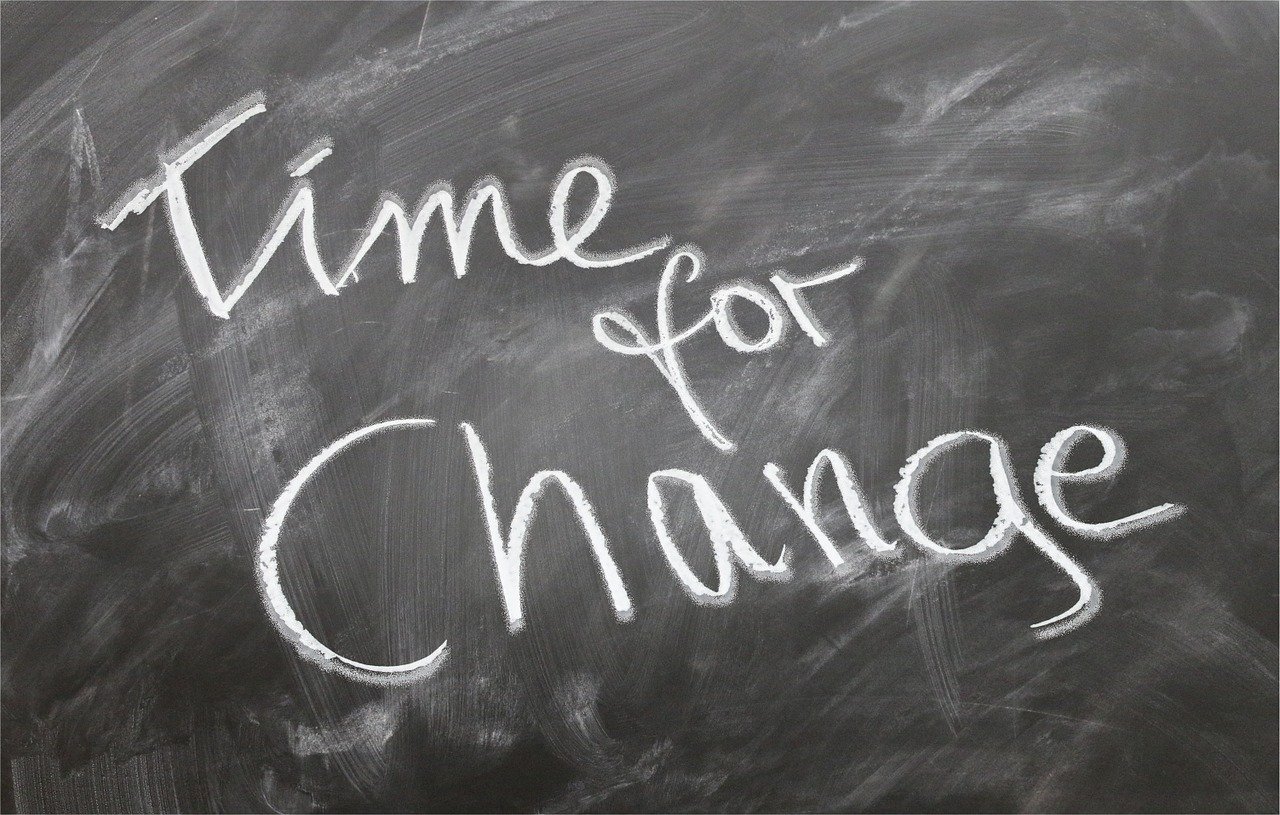It is a challenge to objectively evaluate how life is progressing. I often make sports analogies in my writing however I find that “evaluating” life is hard to quantify or score. My first blog this year, Intentions Rather Than Resolutions, outlined plans for the year and I made the distinction between intentions and resolutions.
To me, New Year’s resolutions are goals we think we “should” achieve while intentions are goals, we want to achieve. Intentions set the direction for the upcoming year. My intentions create my plan and the desired result I wish to achieve is my goal.
One expected outcome of setting your direction (goals) for the year is to have a happy life. Lyubomirsky’s (2010) description of happiness aligns directly with Blooms to Blossoms purpose when she says that happiness is a state positive well-being combined with a sense of a meaningful and worthwhile life.
I have found that identifying a purpose is a guide to happiness and satisfaction. This purpose leads to relationship building and gratefulness.
Purpose (Meaning) +
Relationships (Linkage) +
Gratefulness (Thankful) =
Happiness
Kahneman & Deaton (2010) research on happiness supports the idea that objectively measuring how “life is going” is not easy. They reviewed Gallup-Healthways Well-Being Index (GHWBI) data, which include measures of subjective well-being, from 450,000 US residents collected by the Gallup Organization. Two aspects of subjective well-being are emotional wellness and life evaluation.
“Emotional well-being refers to the emotional quality of an individual’s everyday experience—the frequency and intensity of experiences of joy, stress, sadness, anger, and affection that make one’s life pleasant or unpleasant. Life evaluation refers to the thoughts that people have about their life when they think about it.”
The plans we make at the new year serve as a guide as we move through each month, week, and day. At times, a “bump in the road” will result in an unexpected ending…sometimes better, sometimes not so much.

Last week I was thinking about a couple “intentions” I have that have not progressed as I had hoped. During this time, my husband was upstairs practicing guitar (one of his primary hobbies). When he begins his practice the first task is to tune his guitar. There are four types of alternate tunings (open, instrumental, regular, and special).
“Open” tuning is the most simple and common tuning to “special” tunings which are a grouping of miscellaneous tunings created in recent years. Anyone who plays guitar knows that it is a general rule to tune your guitar every day and that the tuning is determined by the piece of music selected.
There are several reasons a guitar goes out of tune; a couple examples are:
**Old strings can keep you from that perfect tuning. As they wear, they lost their capability to hold tension, making them feel brittle and less able to hit the fret. That will make some notes to sound sharp.
**Strings are affected by extreme changes in temperature, as they will expand when it’s warm (making it sound flat) and contract when cold (resulting in a sharper sound).
Listening to my husband tune his guitar made me realize that in life we need to retune or reset…lack of progress, a bump in the road, a crossroad leading to a change does not mean the intended purpose will not be achieved…the intended purpose may merely change. Confidence in the original plan may be high but the needed change may be a blessing in disguise.
Fader (2014) published an article on Psychology Today using “tune your guitar” as an analogy to reach happiness.
Purpose (Meaning) +
Relationships (Linkage) +
Gratefulness (Thankful) =
Happiness
“Over time, a guitar inevitably comes out of tune—not because it’s a bad guitar, but because that’s the nature of guitars. In fact, the key to maintaining a guitar is to notice when it’s not in tune and continually re-tune it…”
“Keeping a guitar well-calibrated involves a series of small tunings and re-tunings. It should be the same way with happiness: your happiness may fluctuate, it may even bottom out, but this doesn’t mean you should envision a huge insurmountable pyramid in which you need to reach the pinnacle of self-actualization for true happiness. It just means you need to adapt to your new equilibrium, to re-tune your inner guitar. That’s what happiness is—our ability to make the small but meaningful adaptations to whatever life throws at you.”
Wrapping Up and Moving Forward
Just like guitar strings there are many reasons plans/goals go out of tune…some we can control and some we cannot. Stuff happens. It is time to retune and reengage.
Spending time on yourself to further your personal development is a great way to value your well-being, happiness, and success. McGinley (2017)

Thanks for reading.


